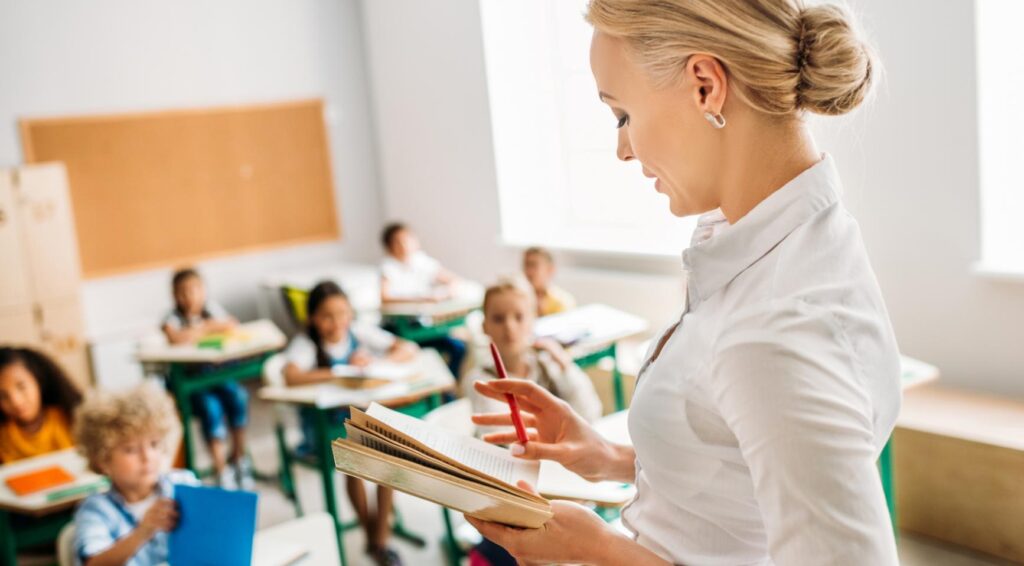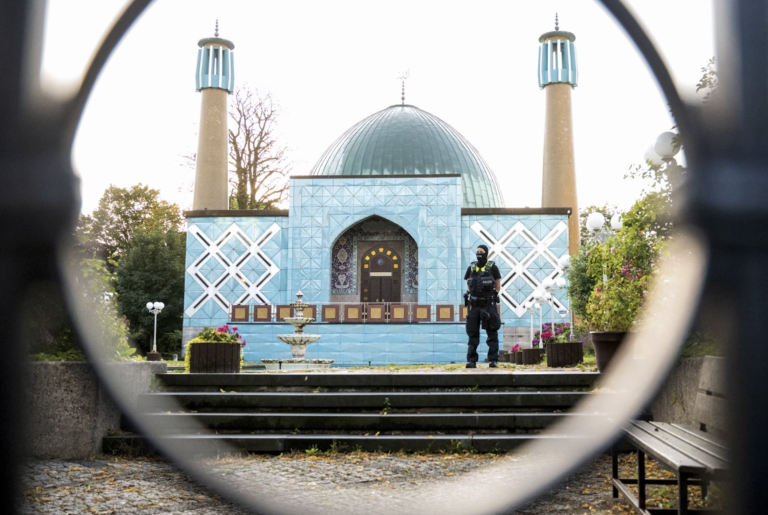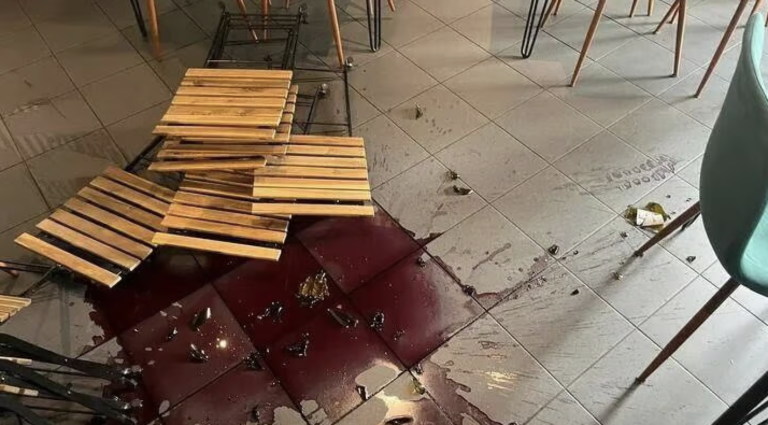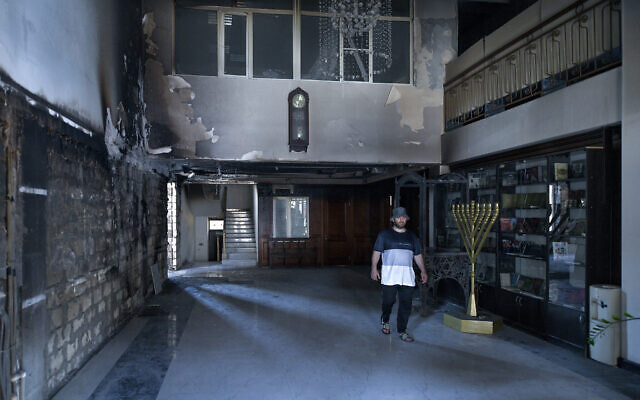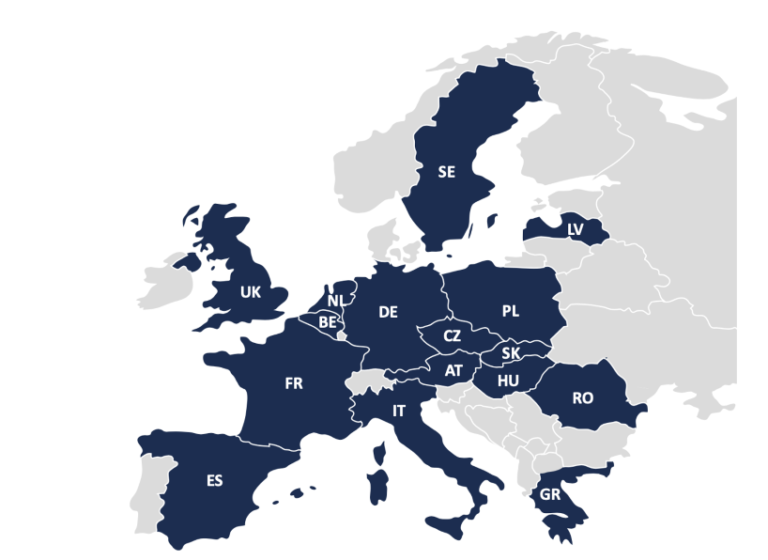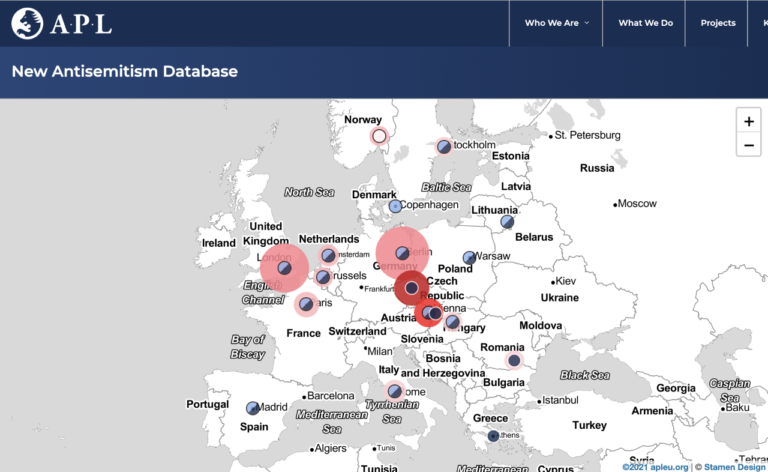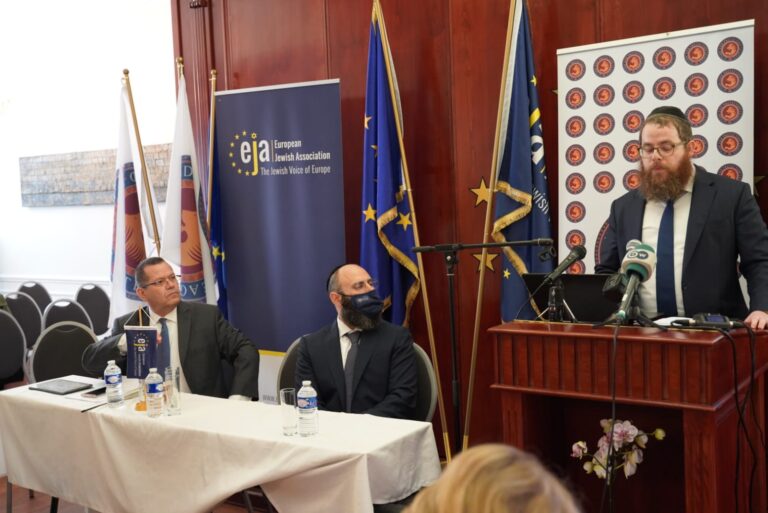A survey conducted in the Netherlands reveals that almost 10 per cent of secondary school history teachers experience Holocaust denial among the students.
A survey conducted by the Nederlands Dagblad, a Dutch newspaper, found that almost 10 per cent of secondary school history teachers have to deal with students who deny the Holocaust, reports the NL Times.
Holocaust denial is especially common in schools where a large percentage of the students come from an immigrant background, where incidents of Holocaust denial occur twice as often as in other schools. In the survey, one-fourth of the teachers reported that in classes with more than a quarter of students with an immigrant background, they sometimes or regularly deny the Holocaust.
Vincent Pap, a history teacher at Oostvaarders College in Almere, said he was regularly confronted with statements such as „that the Holocaust is used to justify the state of Israel’s attitude toward Palestine,” along with expressing beliefs that the figure of 6 million victims of the Holocaust is exaggerated – the latter being reported by nearly 20 per cent of teachers.
Nevertheless, Pap claims he can always refute these statements and sceptical attitudes with facts, and the students usually accept his explanations.
However, it is not only students with an immigrant background who seem to relativise or even deny the Holocaust. According to a study conducted by a university lecturer, teachers reported that they were confronted with nationalistic or right-wing extremist students who believed „that the Jews are striving for world domination and that the Holocaust contributes to a positive image of the Jews.”
A college teacher claims that having students confront teachers with conspiracy theories and old Jewish stereotypes in the classroom is a significant challenge since the students get most of their information from the Internet or point to social media platforms as their source. Therefore, it seems that the only solution to move away from a denialist or sceptical attitude would be primary sources and visual evidence.
„If I read the story of a survivor or show pictures of certain events, my students actually always come round,” said a college teacher, adding that he uses these moments to teach recognising reliable sources.
